How has GSAFE been handling 2020?
Ali Muldrow: An important thing to understand about GSAFE is that it has interacted with large-scale educational systems for about 25 years. When schools close, and in Wisconsin schools close often because of snow, the GSAFE office closes based on the immediate school district. So our approach to the pandemic, as an organization that prioritizes the health and safety of kids, was to look to public safety experts and try to align our practices with those that made people safe. At first that meant canceling some really meaningful events, and then shifting a lot online. It also meant closing our office similarly to something we would do for a snow day and aligning with school districts.
Brian Juchems: Just like everybody else, we’ve had to pivot. Recognizing that we have a small staff made that easier.
Has GSAFE been hit hard financially because of the pandemic?
Ali: It’s all a negotiation of where you’re at in terms of reserve and investment. And I think for us part of the hit is being able to effectively deliver services to students. We’ve still been able to give young people scholarships. We’ve still been able to maintain programming. But it’s a more complex time to fundraise and so much of GSAFE’s funding comes from individuals who just want to make sure that kids all across the state feel welcomed in their schools. When you don’t have an event to showcase the work, you see that reflected in the bottom line of an organization. But, because of the long-term leadership of some really talented people, GSAFE’s been able to withstand this current moment.
Brian: Yeah. I think it’s made it hard to move ahead. We’re currently on a hiring freeze, which impacts certain levels of programming that we’d like to be doing.
What are GSAFE’s top priorities right now?
Ali: The priority is racial justice and as much online youth programming as possible. We’re mailing things to students, and providing support through a variety of remote communication channels so that kids still have support and resources without risking anybody’s safety. Because the work is district, state, and citywide, a lot of the time we’re supporting kids from multiple schools.
Brian: I feel if the pandemic had to hit, at least the beginning of it hit at an okay time for us. Not that it’s ever okay, but our summers slow down as far as interactions with young people. Although this year it hasn’t really slowed down. It’s been picking up as we got closer to the start of the school year, and with concerns about how to support students in a virtual setting. It’s been particularly concerning to folks about how we support our trans and non-binary students. Reminding folks that our QTBBIPOC youth have been out in the streets this summer and are very much impacted by the uprising and the revolutions that are happening.
Ali: The fun part of the work has been amplifying the voices of young people doing movement work, because we train young activists. We see our students leading real movements across the state, in particular across Madison and Milwaukee. Also, young folks who organize their GSAs in places like Gays Mills and go to a school with 12 people have been organizing marches on a street with two stop signs. There’s a lot of really cool things that our young people are doing. We get to amplify their voices and help them tell those stories in this moment.
What are challenges implementing racial justice work at the board level?
Brian: I feel really good about the capacity of our current board to engage. I know that one of their goals has been to engage in its own self-reflection. Although the pandemic makes it hard for people to connect, I feel like our current iteration feels more committed.
Ali: I think it’s a relevant thing that the organization has shifted to a co-director model and that there is a Black-identified person as co-director. And I think that leadership shifts the dialogue and the priorities of the organization. But there’s both a challenge from, and the gift of, this current moment. A lot of times when people talk about racial justice they go, “We’re committed to this. We want it.” Then they expect an instant return, and for that to be good enough for communities of color.
I would say one of the best things about this moment is that we’ve gotten the opportunity to pause, to slow down, shift our capacity to really make plans. To see this work enhanced and expanded for the future. I think having transformative leadership is also having intentional and thoughtful leadership. I think our board has been able to have insightful conversations in this time because we really get to re-exam our work as we’re shifting the way we do it.
What are some of the racial justice challenges working with suburban and rural GSAs, say perhaps in the northwoods?
Brian: We often think about the northwoods as a pretty homogenous population, but it’s important to remember that it’s also indigenous. It feels like forever ago, but we did a Northwoods GSA summit. I remember working with the young people and advisors to say, “We want to lead sessions or we want sessions on what it means to be indigenous and queer here.” With GSAFE it’s always been part following the lead of the students, part empowering them. We’re providing a platform and opportunities for people to have important conversations without all the work of educating being on the students.
What about from the districts themselves?
Brian: A lot of our work has been working with the students more so than with the districts as a whole.
Ali: I would say we’re really lucky to have a good relationship with the Department of Public Instruction, and a state superintendent who believes that every child deserves to be welcomed at their school. I think having the Seventh Circuit rule in the favor of trans students twice has been a really big deal for districts across Wisconsin. And I think that having Donald Trump undermining Title IX right now is a large problem for us as an organization doing this work. It really is doing harm here. Districts that were just coming around to racial justice work and making sure trans students are affirmed aren’t feeling the same level of pressure under the Trump administration that they did under the Obama administration in terms of the interpretation of Title IX.
Brian: On that, every school district has a different perspective. Again to use the northwoods as an example: The Bayfield school district didn’t have a GSA until this past year. The folks that are working with the GSA are also the ones working with the indigenous student population up there. They already get the equity and racial justice issues and recognize that whether it’s talking about cultural competence or cultural practices, they recognize how those are all interconnected.
For years GSAFE has been working to get districts to adopt gender nondiscrimination ordinances. How have those priorities advanced or evolved?
Brian: We’re still working on the policy. We’re also partnering with Fair Wisconsin on an equality map to help identify where regions and districts are at. Right now two-thirds, if not three-fourths of Wisconsin school districts have a policy. When we started in 2005, there were zero.
Ali: Wisconsin is a school choice state, which means that you can have abstinence-only sex ed. You have abstinence-only sex ed in Waunakee, for example. So some of our priorities expand and broaden the work we’ve always been doing. How do we make sure that students have medically accurate LGBTQ consent-based human growth and development throughout their education? These kids need accurate information that isn’t designed to be exclusionary or discriminatory. I think looking at what it looks like statewide to broaden and deepen this work does really look at the composition of our legislature. And because we believe in youth leadership and youth voice, we’re profoundly interested in making sure every young person in Wisconsin is registered as a senior in high school to vote. It’s a priority that I have become increasingly passionate about. It is a bipartisan issue and we’ve got to make sure that we are encouraging our young people to leverage their power and their leadership in every possible way.
Are there collaborative efforts with Freedom, Inc. that GSAFE has been able to help or reinforce?
Ali: Yes. GSAFE first started taking a stance on police in schools about four years ago. Freedom, Inc. and the young people at Freedom, Inc. really led the way and the charge to forcing our community to have that conversation. We are very lucky to have a good relationship with Freedom, Inc. and to amplify the voices of their young people. We’re currently working on a documentary called Child Correction that’s all about juvenile incarceration. We also did a residency with the Dane County Juvenile Detention Center for about 14 months where we taught in the jail. We have a vested interest because we’re a racial justice LGBTQ organization focused on young people. We have a vested interest in all kinds of issues, including immigration. We don’t want young people of any identity being subject to any level of cruelty or discrimination because that always impacts everybody within marginalized identities.
Did GSAFE advocate for removing student resource officers? Does GSAFE contribute to a plan for how to fill the perceived gap after the officers are gone?
Ali: When we originally took a stance, it was that the school district should not be funnelling funding into the police department. School districts should pay for teachers and counselors. If the city wants to put police wherever they want to put police, they can do that. They just need to pay for it.
Has GSAFE been impacted by the Wisconsin Institute for Law & Liberty (WILL) lawsuit against the Madison School District’s Guidance & Policies to Protect Transgender, Nonbinary, and Gender-Expansive Youth?
Brian: When the lawsuit was announced, as a statewide organization a lot of people turned to us to get a perspective on it or to understand what it means. They wanted to know what impact it has on their students. They also wanted to know more about the procedures Madison follows, why those still make sense. So we were happy to be a voice—particularly because the Madison school district wasn’t in a position to respond. We’ve been providing a kind of statewide response to their questions. It’s not unusual for GSAFE to receive several emails and calls each month or even each week with people asking, “Can we do this? Can we not do this?” There’s been a lot of inquiries from school districts; either administrators, GSA advisors, or teachers, wanting to know what it means for them. Helping them recognize that again the Seventh Circuit Court of Appeals decision and then the recent Eleventh Circuit Court of Appeals decision again and again reaffirms that schools need to treat trans and non-binary students equally or with equity. They can’t single them out and say, “We’re going to treat you differently than your cisgender peers.”
How many other districts outside of Madison have similar procedures?
Brian: We have about 30 school districts that have passed some type of procedures that are in some way similar to Madison. Madison’s probably the most robust in the state, followed by Milwaukee. We were working with one school district and it’s been a really long process—like five years. That’s an example of why we love our individual donors, and our monthly donors. They help sustain us as we do the work on these long projects that people aren’t funding. Another district was ready to pass procedures and then literally that week the WILL lawsuit got announced. As a result they said, “Well let’s put a hold on that.”
I think the WILL lawsuit presents it as the Madison school district is trying to keep secrets or to hide information from families. The thing that we have to remember is that 95, 96, 97 percent of the time the family is already aware of the situation. They know that their child identifies a trans or non-binary. It doesn’t necessarily mean that they’re excited about it, but they know and are in conversation with the school about it.
What the Madison procedures do is, in those rare occasions where the student isn’t ready to be out to the family, acknowledge that we’re going to work with and going to support the student while they figure out how to have those conversations with their family. Whether now or later. And it’s also trusting the knowledge of the student’s awareness of their family to recognize it’s not safe to be out to them right now.
Does GSAFE have any sort of state legislative goals?
Brian: In the last year or two we’ve built a closer relationship with Fair Wisconsin. Oftentimes if we’re thinking about policy, that’d be something we would develop in collaboration with them. They have the expertise as well as the seat to do that. Obviously we’re still looking to pass a statewide non-discrimination policy for our trans and non-binary students. I’d still be looking for sex education to be comprehensive, consent-based, and medically accurate. We had something like that at one point, but then back in 2010 that changed.
Ali: I think there are a lot of things that we would like to change in terms of state statutes. There are building codes in state statute that really change how you can facilitate restrooms. We would love to get rid of those. We’re not poised in this current political climate to do that.
I think as far as Governor Evers goes, we’re lucky to have a relationship from when he was our state superintendent. He has consistently been on our side. He has consistently listened to LBGTQ groups, and it’s great to have him listen to GSAFE and to support GSAFE and support young people.
How has the uprising impacted GSAFE’s work or advanced or accelerated maybe parts of the work?
Ali: In the long term, GSAFE is an organization that’s committed to ending the incarceration of children. We spoke to this for a while, and I’ve spoken to this pretty passionately. The uprising highlights things like the practices that were going on at the Department of Corrections’ Lincoln Hills School. What happened to George Floyd highlights what happens to people when they’re incarcerated. It directly speaks to why having school-based policing in which not a single white student was arrested in a district where the largest single demographic is white students, to have every single child who was arrested in school this year be a student of color, is something we have to examine closely.
And this movement has to get credit for opening people’s eyes and saying you have to look at things you don’t want to. It’s not easy to watch somebody die for eight minutes and 46 seconds, but it happened. I feel very grateful to be an activist in this moment in which people are confronting our reality and in which GSAFE has created a parallel narrative around prison abolition that is about young people. Wisconsin’s prison system is one of the most disproportionate prison systems in the country, but that’s for adults. Our juvenile justice system is twice as disproportionately African American as our adult prison system.
There’s not a single time we went into a Dane County Juvenile Detention Center over the course of 14 months where the majority of children there, in our city, weren’t Black.
The Lincoln Hills School isn’t different. If you’re funneling Black and brown students from Milwaukee, those are the most likely kids. They’re most likely gay, living in poverty, and have disabilities. What does that say about us as a community? And if we have to face that, we have a shot at changing it. So it’s an energizing moment as tragic and as devastating as it is. It’s a moment in which we can get a lot done.
As far as criminal justice reform, what are GSAFE’s challenges in doing that work?
Ali: I would say the most devastating problem with talking about criminal justice reform at the school level is when you talk about disproportionality and discipline. Who gets suspended? Who gets expelled? Who gets kicked out of class? The biggest problem is that there’s this idea that the kid deserves it. That the kid isn’t being discriminated against. That it’s just a coincidence that the kid who shows up and is a little more fem gets bullied everyday but he’s not actually getting bullied because of that. Or it’s just a coincidence that every kid that got arrested was a Black or brown child last year, but they’re not really in trouble.
The counter-narrative to that seems too easy for me because I grew up in Madison. There’s no shortage of young white people breaking the law. There’s no shortage of young white people underage drinking or stealing or engaging in drug use. It’s who gets therapy and who gets a cage. That’s the conversation we have to have as a community. Who gets to go to a festival and hang out by the lake unpoliced and who doesn’t.
Does GSAFE have a five-year plan?
Ali: The long-term goal of the organization is to make it sustainable. It’s to create educational opportunities that we didn’t have as kids and to allow for our students to feel fully embraced in who they are at school, but also to reach their full intellectual potential. And to have information that keeps them safe. I’m going to give you a sad fact. La Crosse is the only county in all of Wisconsin’s 72 counties where STIs are declining.
So how do people support GSAFE, both short- and long-term?
Ali: There’s always a lot of things you can do, but I’ll say specific to the pandemic. If you read a book with your kiddo that is LBGTQ-affirming and post it on your social media, you are helping us do this work. Giving to the organization is always great, but there’s still ways to volunteer. I would also say showing up in your immediate community. In your immediate neighborhood, your immediate city council and saying that you want to advocate for the rights of all people. That you care about Black Lives Matter. That you understand that LGBTQ students need to be supported and welcomed in all environments. That’s the work, and you’re doing it with us by doing those things.
Long-term ways to support GSAFE is to follow us. To attend our events. To get really committed and do something like order a bumper sticker from us and put it on your car and just let people know that you care about pronouns. It can be as simple as that.


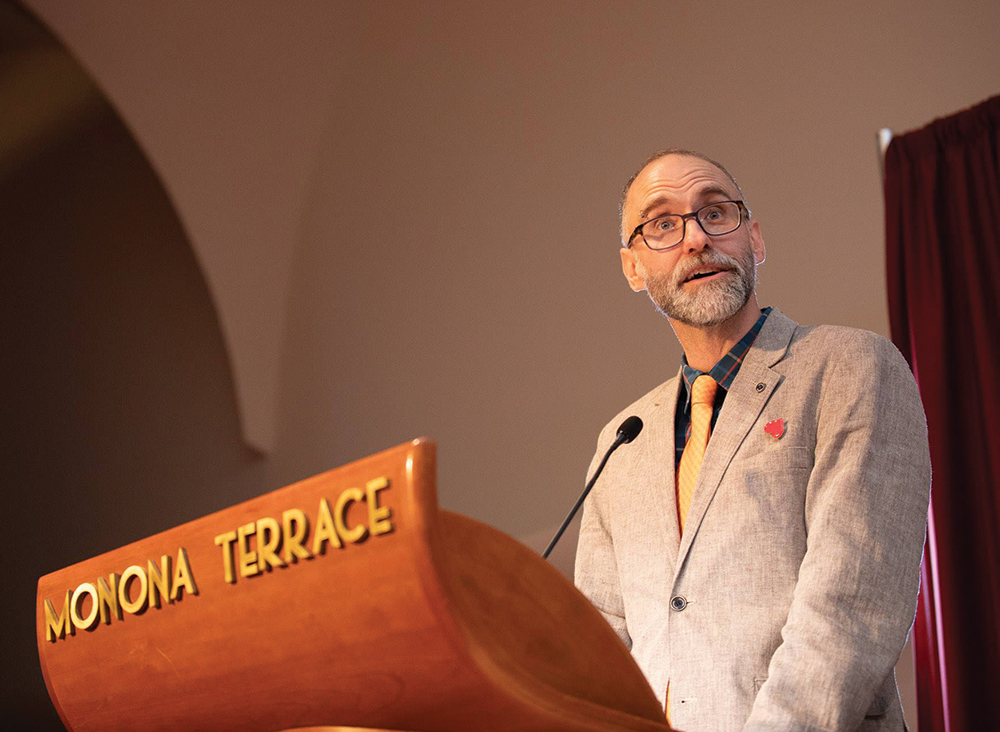



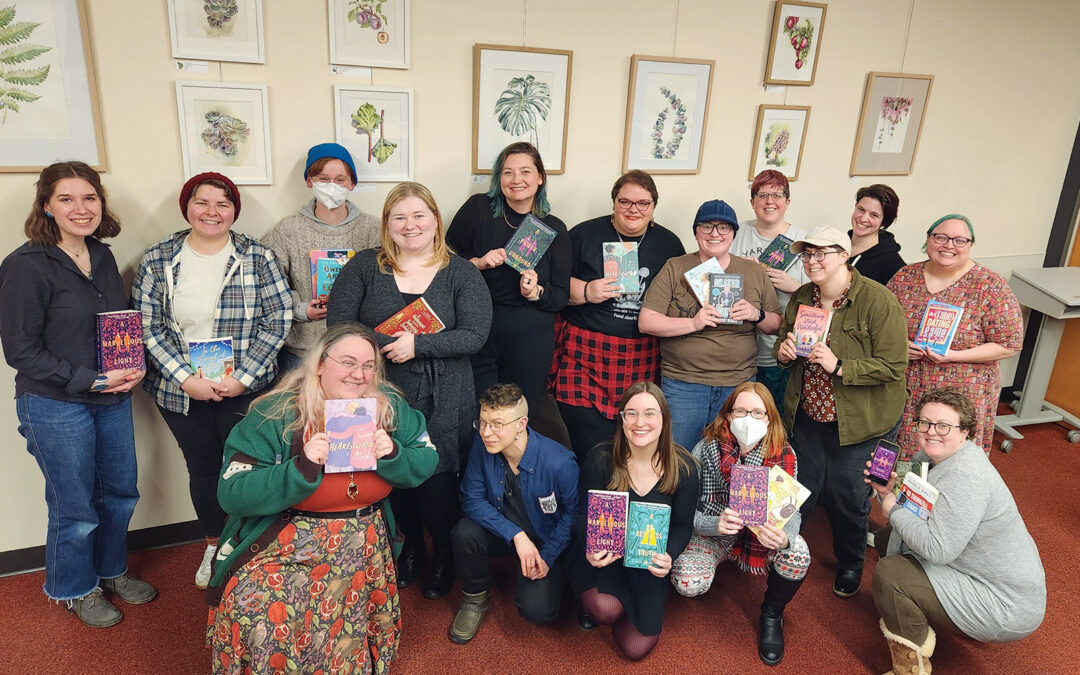
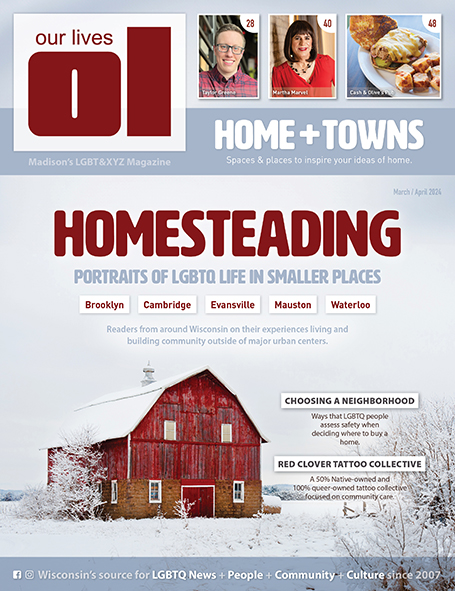
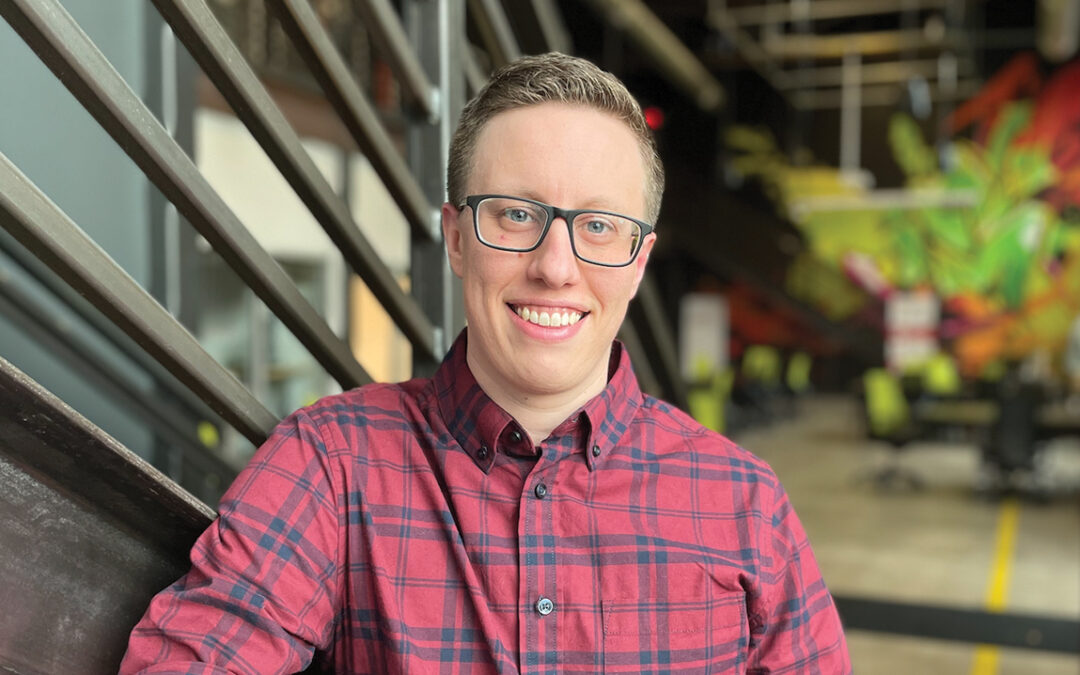
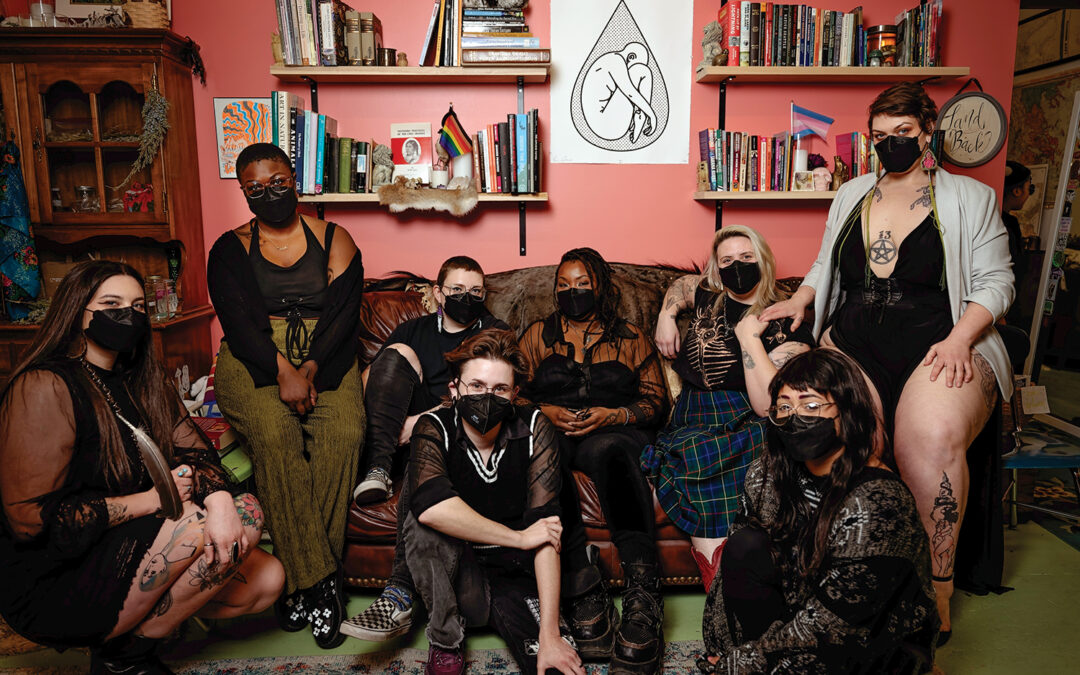
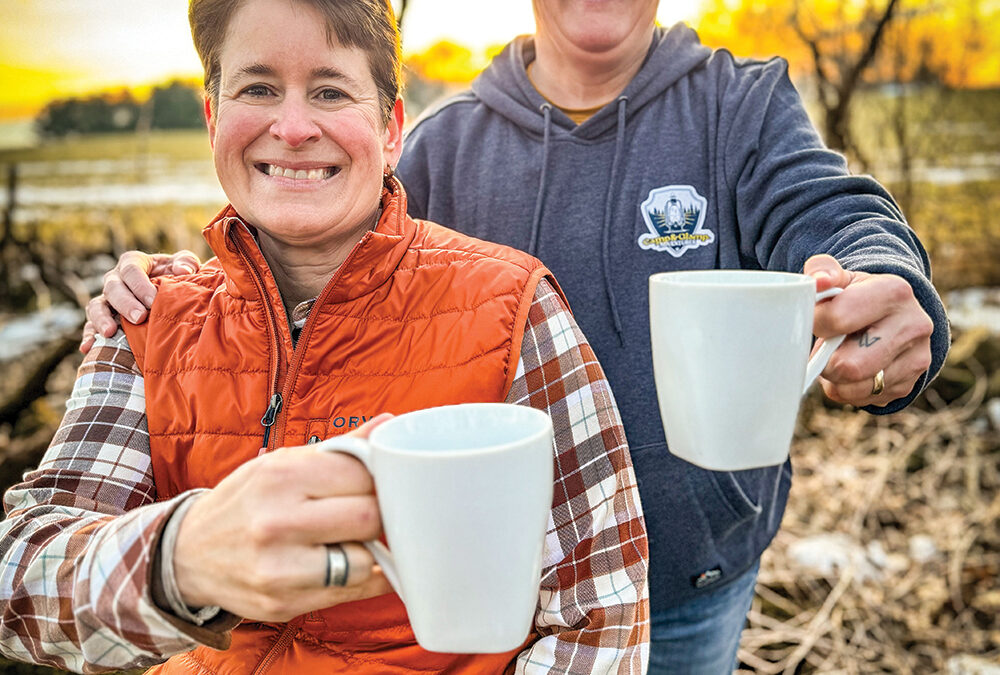
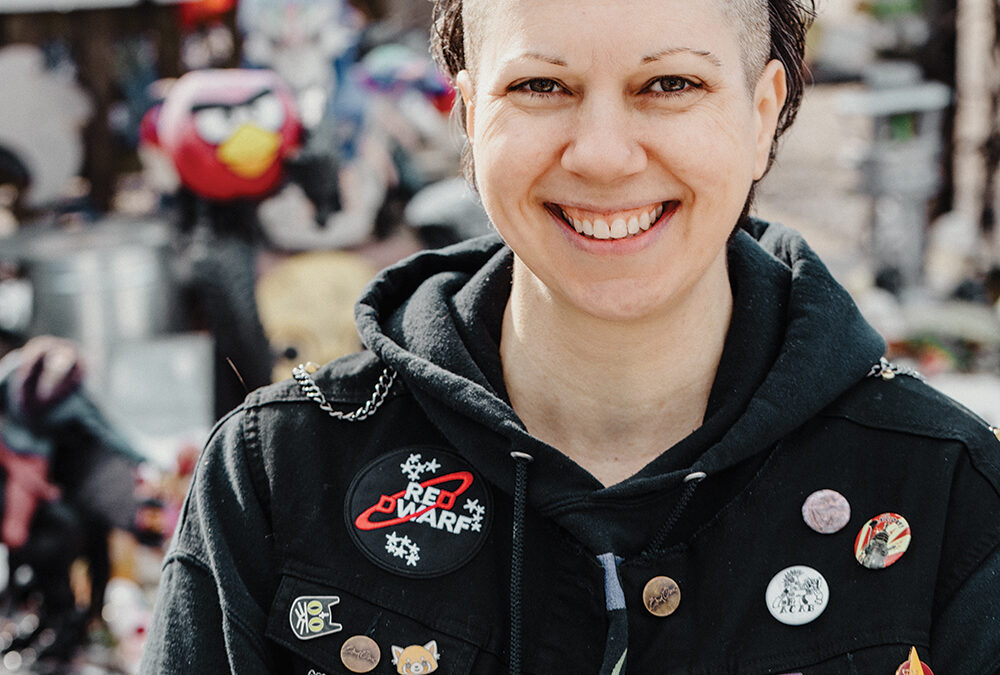
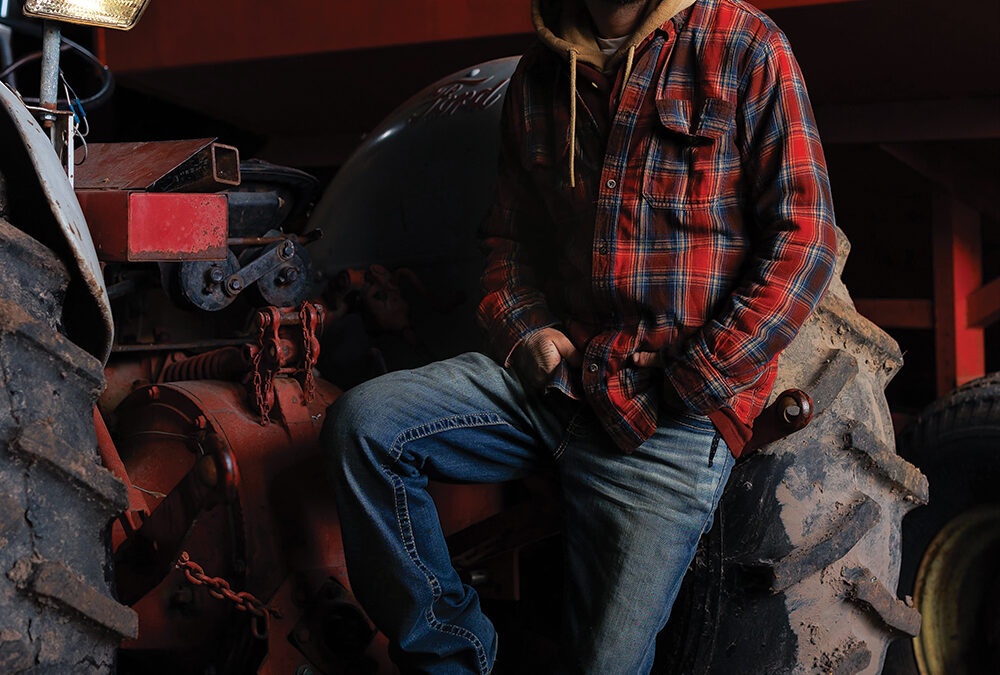
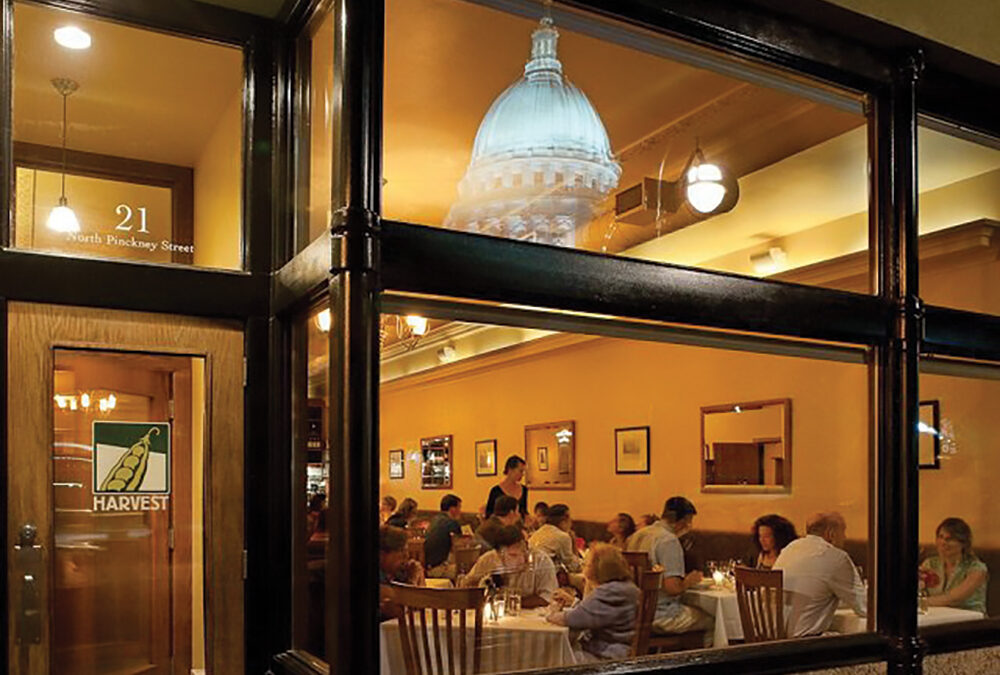
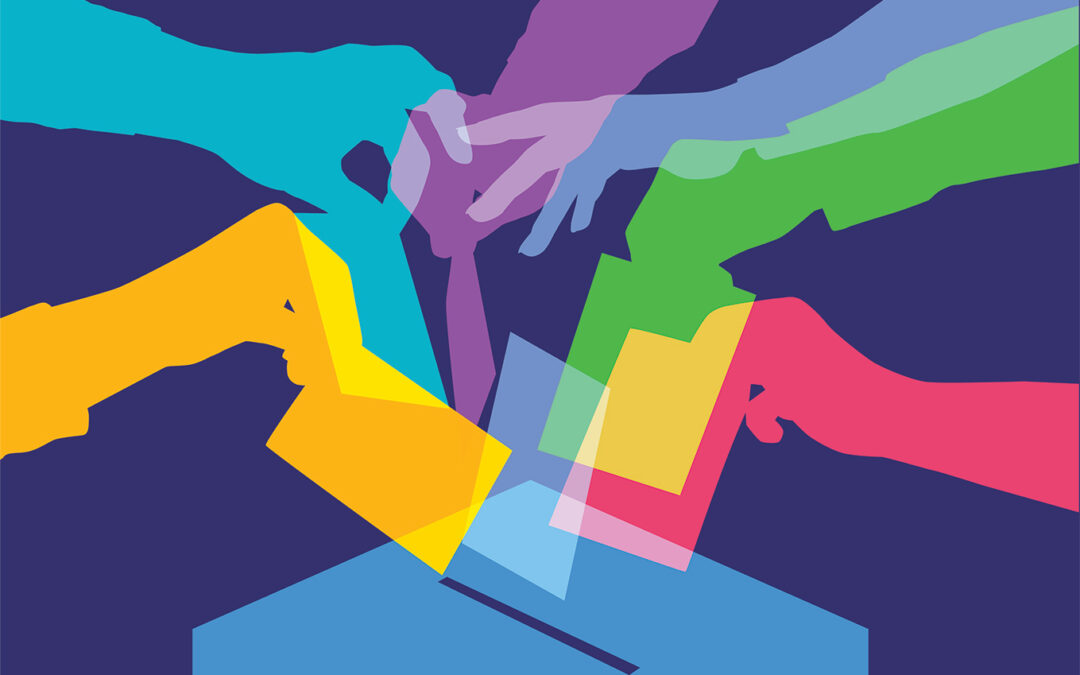
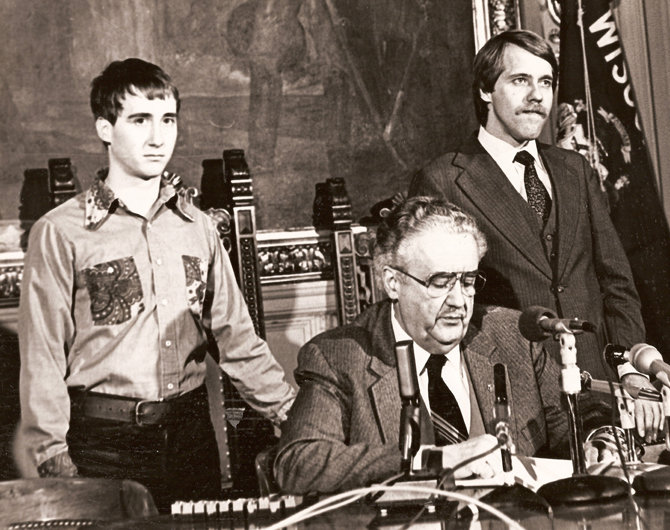









0 Comments